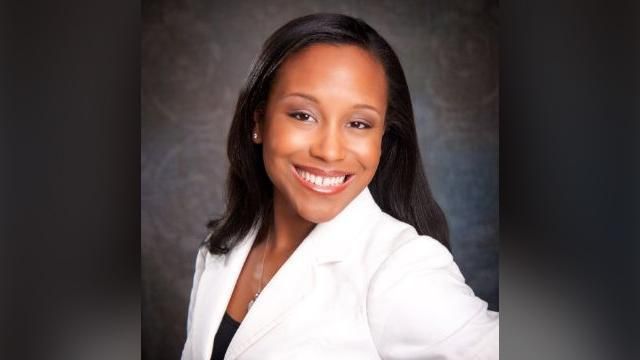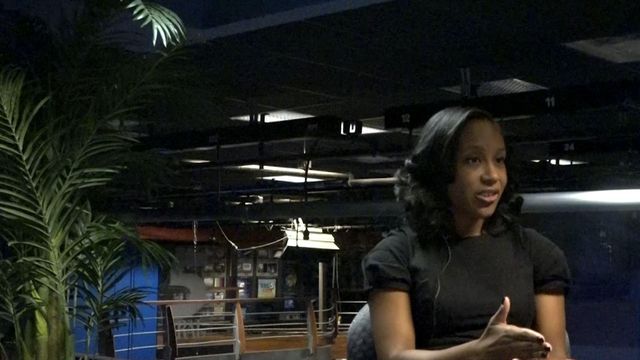Be bold, be brave: Triangle woman wants little girls to break glass ceiling
WRAL sat down with Fore to discuss her career, diversity in the workplace and the current climate of sexual misconduct.
Posted — UpdatedBorn at Fort Bragg, Fore was the child of two military parents and shuttled between Europe and Fayetteville while growing up.
After earning a degree in computer information systems from St. Augustine's University in Raleigh, she worked in information technology at what was then known as Progress Energy while also studying for a Master’s degree in business administration from Meredith College.
“I was really happy in the IT space, but I didn’t know much about the company because I was heads down, coding,” Fore said.
After learning about community relations through a mentor, she wanted to make a leap to that discipline, but was stymied by the lack of available jobs. A pregnancy added to her doubts, she says.
“I was six months pregnant with twins, and a job opened up,” Fore said. “I thought ‘Who is going to hire me right now?’ But it ended up working out, and the position was put on hold while I was put on maternity leave,”
Fore now works as a community relations manager for Duke Energy, something she describes as her “dream job.” She oversees community relations, philanthropic work and company programs in 46 counties in eastern North Carolina.
The parent of 2-year-old twin boys, Fore said life can be chaotic, but a good support system and organization help her manage motherhood and life as a female professional.
She said while things have improved, there is still room for companies to improve on diversifying leadership roles and opening opportunities to women.
“If you can be bold and have that diverse group, you get so much more. If everybody thinks like you, you have an ‘Amen corner’ versus people challenging and playing devil’s advocate and bringing in a different perspective,’” she said.
“Women have so much to offer. And companies need that diversity.”
WRAL sat down with Fore to discuss her career, diversity in the workplace and the current climate of sexual misconduct.
You want a mentor who is going to tell you how they messed up so you can learn from it. And mentors outside your company are just as important as those within your company.
So I would tell myself to chill out a little bit, and be okay with where change takes me.
For a while, I worked so hard to prove that acceptance, but no matter how hard I worked, I was still different. It’s about being comfortable in your own skin. I had to accept that and appreciate that I have a unique perspective. When I had something to say, I needed to say it.
As far as a partner, you need to support them in their goals and dreams, and they need to support you. And you need to constantly be re-evaluating where you are both at because the different ladders you are each climbing could look different. It’s about support and communication.
It’s really hard, but I have found if I try to be my authentic self and not try to conform to any expectation, it helps. Always say what you need to say because regret is the worst feeling.
Men are able to say things all time, and if someone disagrees with it, they go to lunch and then it’s fine. But unfortunately, it’s more complicated for women.
Take that seat at the table and speak up. You're going to regret it if you don’t.
Timing and priorities are going to be different for everyone. But you should always be a lifelong learner, whatever that means for you. The world is constantly changing, and you’ll be left behind if you’re not learning.
I hope that they aren't scared to work in fields that aren't female-dominated. I want them to be brave because there has to be glass ceiling breakers.
I hope that by the time the little girls, who are my sons’ ages, are in the workplace, the ceilings will be broken. But if not, I hope they are bold enough to break them.
• Credits
Copyright 2024 by Capitol Broadcasting Company. All rights reserved. This material may not be published, broadcast, rewritten or redistributed.






